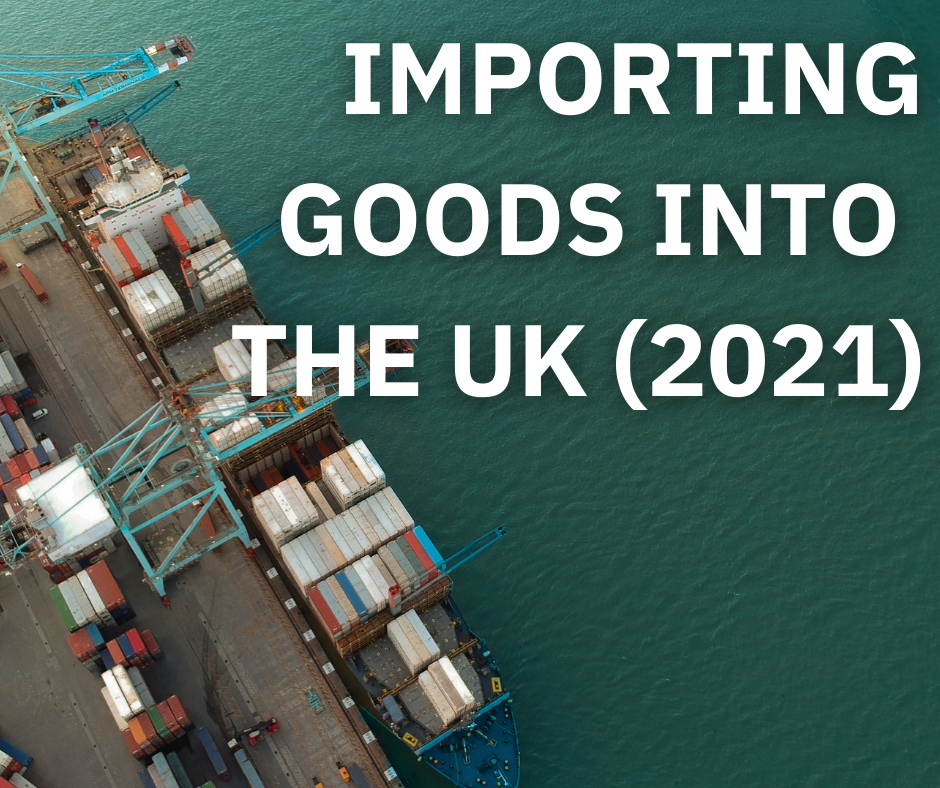Importing refers to the shipment of commodities and services from other countries, and it has numerous advantages:
- Gaining access to better quality and non-UK products;
- Cost-effective;
- Become a market leader.
Before we get started with the process, you must keep in mind whether this importing process is applicable to your business first. There are many differences depending on how your business will be importing goods. For instance:
- transporting products between the United Kingdom and Northern Ireland, or from the European Union to Northern Ireland;
- obtaining products via the post;
- bringing goods through luggage for personal use;
- bringing goods through luggage, a vehicle for your own business;
- bringing in temporary goods;
- bringing goods that were previously rejected at other borders;
- moving to the UK with personal belongings.
We have provided a simple guide on how to import commodities and services into the UK successfully and efficiently. Follow these steps to get started:
- Prepare your company for imports and check to see if the company that is exporting to the UK is capable of doing so
You might need one that starts with XI if you're transporting products to or from Northern Ireland. As for the company that will be exporting commodities to the UK, they may have to make an export declaration from their own country and obtain their own license too.
- You must choose who will file customs declarations and transport the merchandise
- Obtain a commodity code and calculate the value of these commodities
You'll need to specify the worth of your products in your import declaration. This is necessary since it will assist you in calculating the amount of duty and VAT you will be required to pay.
- Check whether you can postpone or minimise your duty payment
- Find out if you need a specific license or credentials to import your chosen commodities
- Always check the labelling, marking, and marketing standards
- Get your chosen commodities through UK Customs
- Make sure you are VAT registered and claim VAT refund
- Find out how to claim a refund for import duties
- Keep a record of all the commercial invoices and essential paperwork
Importing goods can become a profitable venture for your business and we at Persona Finance are aware of how the importing process can be difficult as there are certain taxes that are required during this process. For more information on how to import commodities, please contact Persona Finance at [enquiries@personafinance.co.uk] or for other business and accounting queries.



